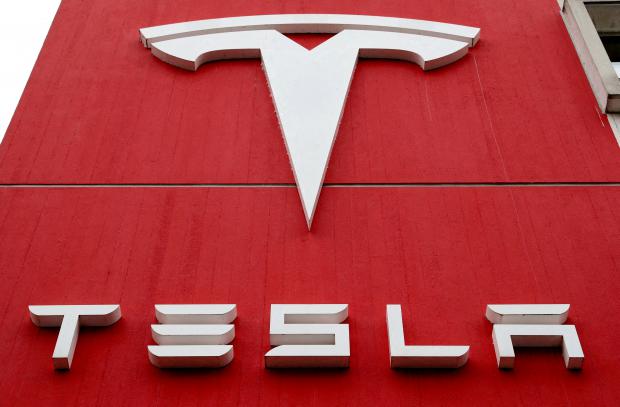
Breaking News
 Still No Justice for COVID Nursing Home Deaths
Still No Justice for COVID Nursing Home Deaths
 How To Make A FREE Drip Irrigation System With An Old 5 Gallon Bucket
How To Make A FREE Drip Irrigation System With An Old 5 Gallon Bucket
 Homemade LMNT Electrolyte Drink | ACTUALLY Hydrate Yourself!
Homemade LMNT Electrolyte Drink | ACTUALLY Hydrate Yourself!
Top Tech News
 Cab-less truck glider leaps autonomously between road and rail
Cab-less truck glider leaps autonomously between road and rail
 Can Tesla DOJO Chips Pass Nvidia GPUs?
Can Tesla DOJO Chips Pass Nvidia GPUs?
 Iron-fortified lumber could be a greener alternative to steel beams
Iron-fortified lumber could be a greener alternative to steel beams
 One man, 856 venom hits, and the path to a universal snakebite cure
One man, 856 venom hits, and the path to a universal snakebite cure
 Dr. McCullough reveals cancer-fighting drug Big Pharma hopes you never hear about…
Dr. McCullough reveals cancer-fighting drug Big Pharma hopes you never hear about…
 EXCLUSIVE: Raytheon Whistleblower Who Exposed The Neutrino Earthquake Weapon In Antarctica...
EXCLUSIVE: Raytheon Whistleblower Who Exposed The Neutrino Earthquake Weapon In Antarctica...
 Doctors Say Injecting Gold Into Eyeballs Could Restore Lost Vision
Doctors Say Injecting Gold Into Eyeballs Could Restore Lost Vision
 Dark Matter: An 86-lb, 800-hp EV motor by Koenigsegg
Dark Matter: An 86-lb, 800-hp EV motor by Koenigsegg
 Spacetop puts a massive multi-window workspace in front of your eyes
Spacetop puts a massive multi-window workspace in front of your eyes
Tesla Breakthrough 3D Printing With Sand For Single Piece Casting of Complex Underbody

Tesla already can gigacast the front and the rear of its cars. This would mean a further reduction in parts and complexity. This will enable faster and cheaper car production and will reduce the factory space needed for car manufacturing.
Tesla is making progress to snapping together just a few major sub-pieces of the car. They already have front and rear casting which removed ove a thousand parts and hundreds of robots. They will soon cast the complex underbody. A video shows how they already can easily snap together major pieces like the bumper and trunk parts. The goal will be like maybe a few dozen pieces snapping together like giant legos. Those giant legos will be snapped together by humanoid robots.
Tesla will be able to die cast nearly all the complex underbody of an EV in one piece, rather than about 400 parts in a conventional car. The know-how is core to Tesla's "unboxed" manufacturing strategy unveiled by Chief Executive Musk in March, a linchpin of his plan to churn out tens of millions of cheaper EVs in the coming decade, and still make a profit, the sources said.
The unboxed model involves producing large sub-assemblies of a car at the same time and then snapping them together.
Three major body sections will enable Tesla to develop a car from the ground up in 18 to 24 months, while most carmakers can currently take anywhere from three to four years.
The unboxed process will be very easy to adapt for humanoid robot Teslabot to replace human workers.

 DId Congress Kill DOGE?
DId Congress Kill DOGE?
 Node without Consent
Node without Consent

